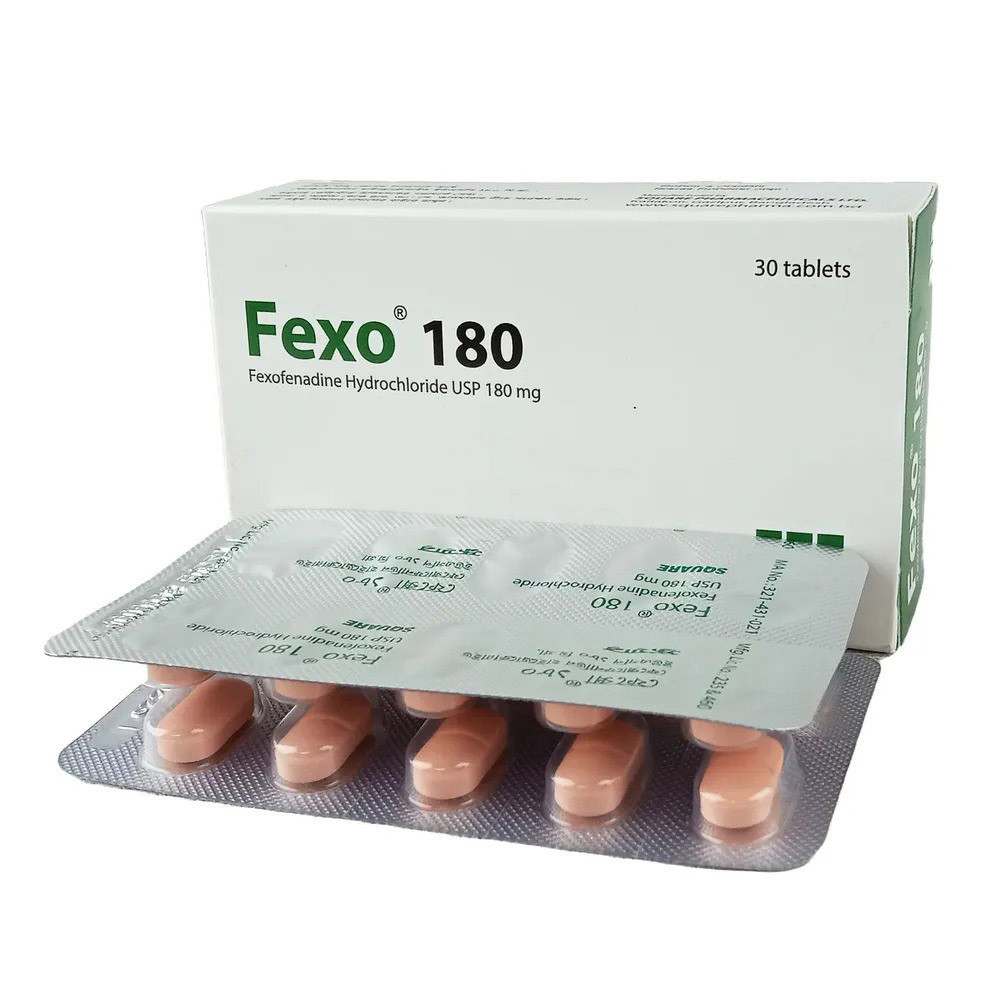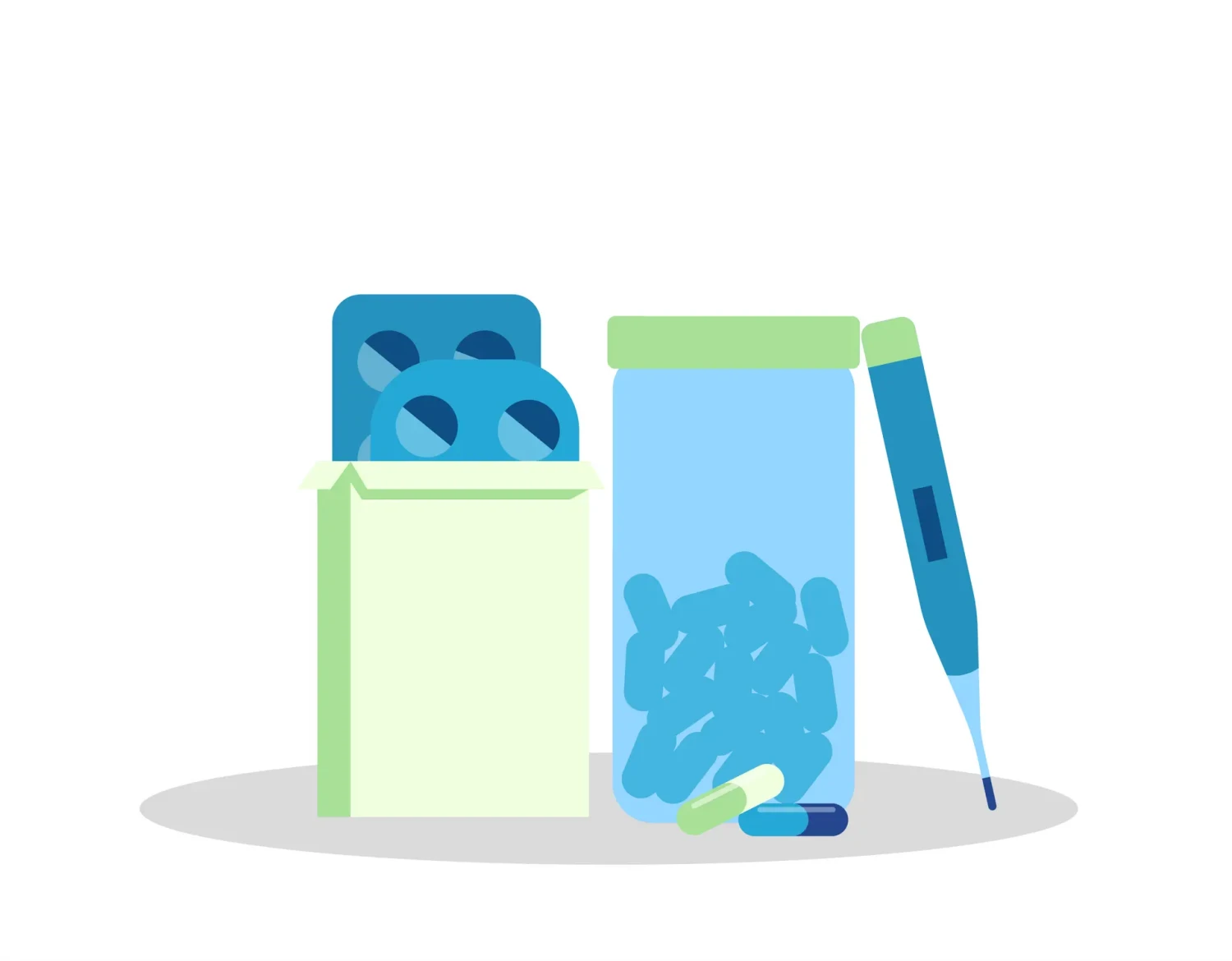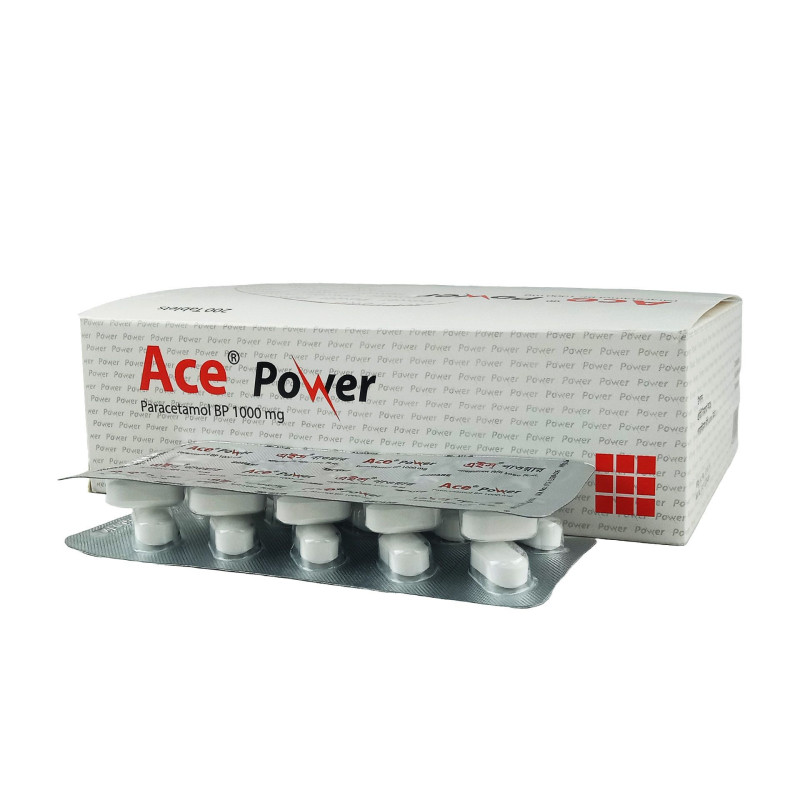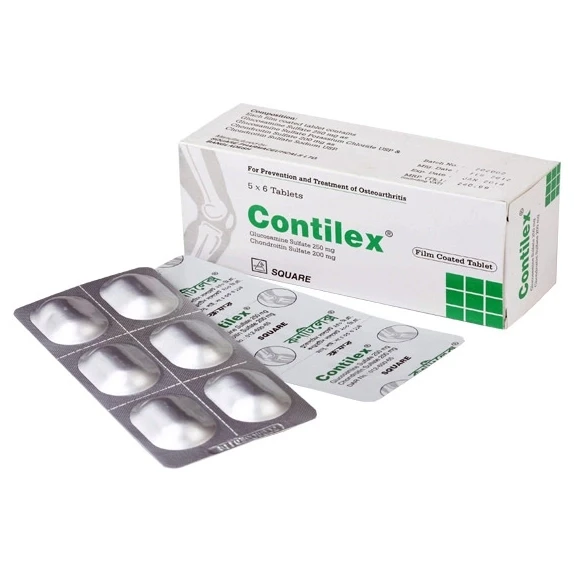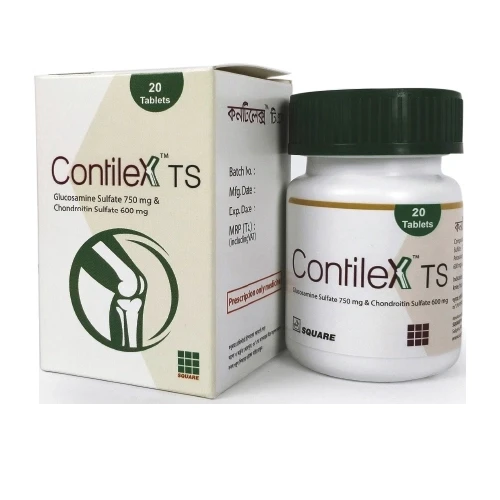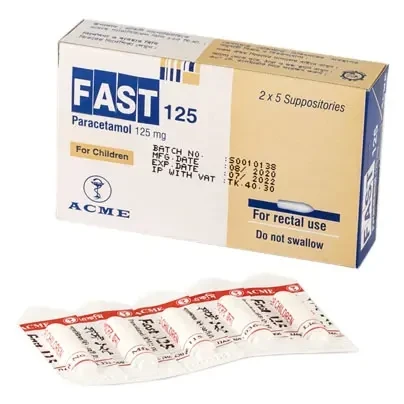

Myocard Tablet, Bisoprolol Fumarate 2.5 mg
Inhouse product
-
৳11.40
৳12.00 -
৳42.75
৳45.00 -
৳16.63
৳17.50 -
৳2.14
৳2.25
Reviews & Ratings
Indications
Myocard tablet is
indicated in-
- Hypertension
- Angina
- Moderate to severe heart
failure
Myocard is not
recommended for the emergency treatment of hypertensive crises.
* রেজিস্টার্ড চিকিৎসকের পরামর্শ মোতাবেক ঔষধ সেবন করুন'
Pharmacology
Bisoprolol Fumarate is
the most selective ß1 blocker. It displays highest level of affinity for the ß1
receptor than any other beta-blocker available up to now. Selectively blocks ß1
adrenergic receptor in the heart and vascular smooth muscle and reduces heart
rate and cardiac output resulting in decrease of arterial hypertension. Lipid
metabolism can be adversely affected by ß-blockers, in patients with non-ß1
selective ß1-blocker, but Bisoprolol does not cause any change in the
cholesterol fraction including the cardioprotective HDL-cholesterol, in
long-term therapy.
The pharmacokinetic properties of Bisoprolol provide the prerequisite for a
single daily dose and ensure an extremely low inter and intra-individual
variability of the plasma concentration profiles. The high therapeutic
reliability of Bisoprolol is based on these properties.
Absorption and
bioavailability: Bisoprolol is almost
completely (>90%) absorbed from the gastrointestinal tract. The high
absorption rate and the small first-pass effect (<10%) lead to an absolute
bioavailability of 88%. Concomitant food intake does not affect the absorption.
Distribution: Bisoprolol is extensively distributed. The medium distribution
volume is 3.51/kg.
Metabolism: Bisoprolol is metabolized via oxidative pathways
with no subsequent conjugation. All metabolites, being very polar, are renally
eliminated. The major metabolites in human plasma and urine were found to be
without pharmacological activity. In vitro data from studies in human liver
microsomes show that Bisoprolol is primarily metabolized via CYPSA4 (-95%) with
CYP2D6 having only a minor role.
Elimination: The clearance of Bisoprolol is balanced
between renal elimination of the unchanged molecule (-50%) and hepatic
metabolism (-50%) to metabolites which are also renally excreted. The total
clearance of Bisoprolol is approximately 15 I/h. Bisoprolol has an elimination
half-life of 10-12 hours.
Dosage &
Administration
Adult: In the treatment of mild to moderate
hypertension, Bisoprolol fumarate must be individualized to the needs of the
patient. The usual starting dose is 5 mg once daily either added to a diuretic
or alone. If the response to 5 mg is inadequate, the dose may be increased to
10 mg and then, if necessary, to 20 mg once daily. An appropriate interval for
dose titration is 2 weeks. Increasing the dose beyond 20 mg once daily produces
only a small incremental benefit.
Children: Safety and effectiveness in children have
not been established.
Patients With Renal or
Hepatic Impairment: In patients with
hepatic impairment (hepatitis or cirrhosis) or renal dysfunction (creatinine
clearance less than 40 mL/min) as in other patients, the initial daily dose
should be 5 mg. Because of the possibility of accumulation, caution must be
used in dose titration. Since limited data suggest that bisoprolol fumarate is
not dialysable, drug replacement is not necessary in patients undergoing
dialysis.
Geriatrics: In the elderly, it is not usually necessary
to adjust the dose, unless there is also significant renal or hepatic
dysfunction
* রেজিস্টার্ড চিকিৎসকের পরামর্শ মোতাবেক ঔষধ সেবন করুন'
Interaction
Other β-blocking
Agents: Myocard should not
be combined with other β-blocking agents.
Catecholamine-Depleting
Drugs: Patients receiving
catecholamine-depleting drugs, such as reserpine or guanethidine, should be
monitored closely because the added β-adrenergic blocking action of Myocard may
produce excessive reduction of sympathetic activity.
Centrally Active
Antihypertensive Agents:
β-blockers may exacerbate the rebound hypertension which can follow the
withdrawal of clonidine. If the two drugs are coadministered, the β-blocker
should be withdrawn several days before discontinuing clonidine. If replacing
clonidine by β-blocker therapy, the introduction of β-blockers should be
delayed for several days after clonidine administration has stopped (see also
prescribing information for clonidine).
Antiarrhythmic Agents: Myocard should be used with care when
myocardial depressants or inhibitors of A-V conduction, such as certain calcium
antagonists (particularly of the phenyl alkylamine (verapamil) and
benzothiazepine (diltiazem) classes), or antiarrhythmic agents, such as
disopyramide, are used concurrently.
Calcium Channel
Blockers: Combined use of
β-blockers and calcium channel blockers with negative inotropic effects can
lead to prolongation of S-A and A-V conduction, particularly in patients with
impaired ventricular function or conduction abnormalities. This may result in
severe hypotension, bradycardia and cardiac failure.
Contraindications
In patients with
cardiogenic shock, overt heart failure, second or third degree A-V block, right
ventricular failure secondary to pulmonary hypertension and sinus bradycardia.
Side Effects
Medicines and their
possible side effects can affect individual people in different ways. The
following are some of the side effects that are known to be associated with
this medicine. Just because a side effect is stated here does not mean that all
people using this medicine will experience that or any side effect. Fatigue,
dizziness, headache, disturbances of the gut such as nausea, vomiting,
diarrhea, constipation or abdominal pain. Cold or numb extremities, e.g; hands
and feet. Muscle weakness or cramps. Slower than normal heart breathing
difficulties due to a narrowing of the airways (bronchospasm) in people with
asthma or COPD.
Pregnancy &
Lactation
Pregnancy: Bisoprolol fumarate was not teratogenic in
rats at doses up to 150 mg/kg/day, which is 375 times the maximum recommended
human daily dose. Bisoprolol fumarate was fetotoxic (increased late
resorptions) at 50 mg/kg/day and maternotoxic (decreased food intake and
body-weight gain) at 150 mg/kg/day. Bisoprolol fumarate was not teratogenic in
rabbits at doses up to 12.5 mg/kg/day, which is 31 times the maximum
recommended human daily dose, but was embryolethal (increased early
resorptions) at 12.5 mg/kg/day. There are no studies in pregnant women.
Bisoprolol fumarate should be used during pregnancy only if the potential
benefit justifies the potential risk to the fetus.
Lactation: Small amounts of bisoprolol fumarate (<2%
of the dose) have been detected in the milk of lactating rats. It is not known
whether this drug is excreted in human milk. If use of bisoprolol fumarate is
considered essential, then mothers should stop nursing.
Precautions &
Warnings
Impaired renal or
hepatic function use caution in adjusting the dose of Myocard in patients with
renal or hepatic impairment. While taking beta-blockers, patients with a
history of severe anaphylactic reaction to a variety of allergens may be more
reactive to repeated challenge, accidental, diagnostic, or therapeutic. Such
patients may be unresponsive to the usual doses of epinephrine used to treat
allergic reactions.
Therapeutic Class
Anti adrenergic agent
(Beta blockers), Beta-adrenoceptor blocking drugs, Beta-blockers
Storage Conditions
Keep in a dry place
away from light and heat. Keep out of the reach of children.
Chemical Structure
|
Molecular Formula : |
C18H31NO4 |
|
Chemical Structure : |
|
Common Questions about Myocard 2.5 mg Tablet
What is Myocard 2.5 mg Tablet?
Myocard 2.5 mg Tablet is a beta-blocker
medication. Beta-blockers work by blocking the effects of adrenaline. Myocard
2.5 mg Tablet helps to lower blood pressure, reduce the workload on the heart,
and prevent chest pain.
What is Myocard 2.5 mg Tablet used for?
Myocard 2.5 mg Tablet is used to make your
heart beat slower and your blood vessels wider. It's a medication for High
blood pressure (hypertension), Chest pain (angina), and Heart failure.
How should I take Myocard 2.5 mg Tablet?
You should take Myocard 2.5 mg Tablet by
mouth, with or without food, once daily. It's best practice to take the
medicine at the same time each day.
What are the side effects of Myocard 2.5 mg
Tablet?
Myocard 2.5 mg Tablet can have several side
effects, including: Dizziness, Fatigue, Headache, Slow heart rate, Difficulty
breathing, and Cold hands and feet.
Is Myocard 2.5 mg Tablet safe to take?
Myocard 2.5 mg Tablet is generally safe to
take, but you should talk to your doctor before taking it if you have any
health conditions, such as- Asthma, Diabetes, Heart problems, Liver or kidney
problems, Low blood pressure, and Depression.
Should I use Myocard 2.5 mg Tablet empty
stomach, before food or after food?
Myocard 2.5 mg Tablet should be taken
after food in a prescribed dosage.
What are the instructions for the storage and
disposal of Myocard 2.5 mg Tablet?
Myocard 2.5 mg Tablet should be kept in a
cool dry place and in its original packaging. Make sure this medication remains
unreachable to children and pets.
Quick Tips
- Myocard 2.5 mg Tablet may cause
dizziness. If this happens to you, get up slowly when rising from a
sitting or lying position.
- Myocard 2.5 mg Tablet can hide
symptoms of low blood sugar if you are diabetic. Monitor your blood sugar
levels regularly.
- Do not stop taking Myocard 2.5
mg Tablet suddenly as it can cause your blood pressure to rise suddenly,
thereby increasing the risk of heart attack and stroke.
* রেজিস্টার্ড চিকিৎসকের পরামর্শ মোতাবেক ঔষধ সেবন করুন'
Frequently Bought Products
Clotinex SC Injection , Enoxaparin Sodium 6000 Anti-Xa IU/0.6 ml
Fast Suppository, Paracetamol 125 mg
Ambrisan Tablet, Ambrisentan 5 mg
Ezevent Tablet, Montelukast Sodium 10 mg
Relafin Tablet, Fluvoxamine Maleate 100 mg
Nebipres Tablet, Nebivolol Hydrochloride 2.5 mg
Avudin Tablet Lamivudine + Zidovudine 150 mg+300 mg
Product Queries (0)
Login Or Registerto submit your questions to seller
Other Questions
No none asked to seller yet
-
৳11.40
৳12.00 -
৳42.75
৳45.00 -
৳16.63
৳17.50 -
৳2.14
৳2.25
